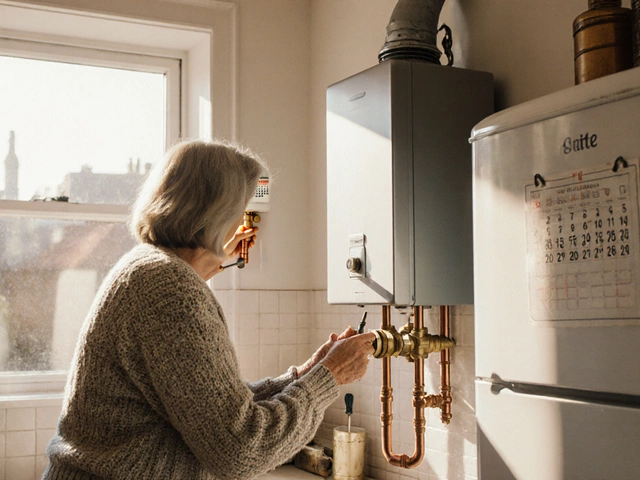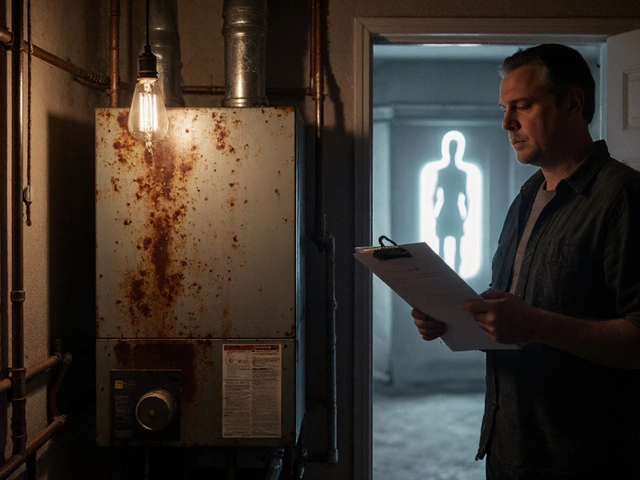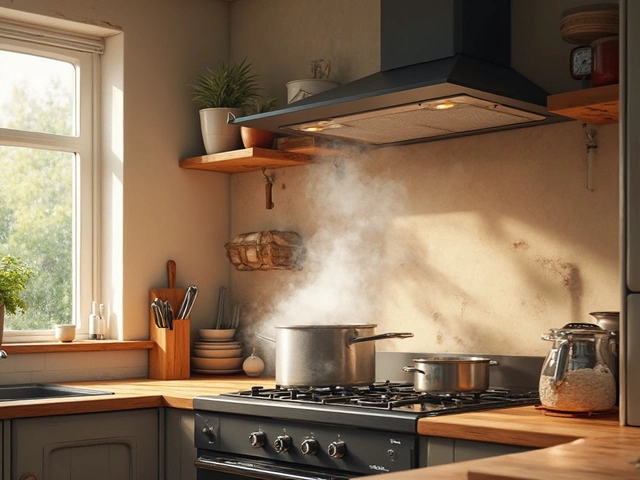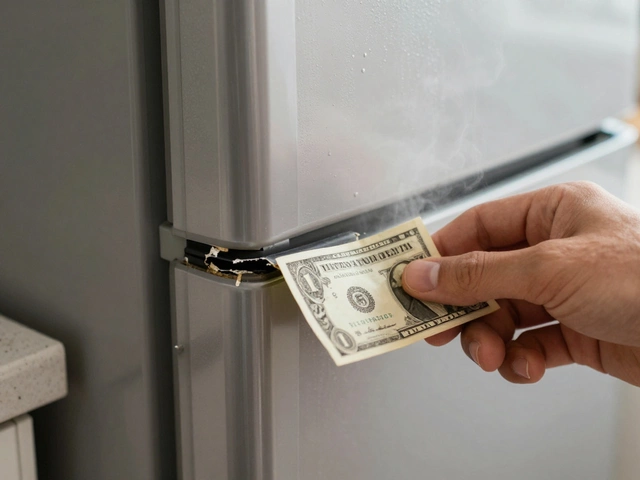Boiler Cost: What You Really Pay and Why It Matters
When working with boiler cost, the total amount you pay for purchasing, installing and maintaining a heating boiler. Also known as boiler pricing, it lets you plan a realistic heating budget, you instantly see why it’s more than just the sticker price on a new unit. A cheap boiler can hide hidden fees – delivery, connection, disposal of the old system, and safety certifications – that quickly add up. On the other hand, a premium model may include advanced controls, extended warranties, or higher efficiency, which can lower long‑term spend. Understanding each piece of the puzzle helps you avoid surprise bills and choose a system that fits both your wallet and your home’s heating needs.
Key Factors That Shape Boiler Cost
One big driver of boiler cost is the boiler lifespan, how many years a unit typically runs before needing a major overhaul or replacement. A unit that lasts 15 years spreads its purchase price over a longer period, lowering the annual expense, while a 10‑year model can push yearly costs higher. The material of the heat exchanger – stainless steel versus cast iron – also influences lifespan and, consequently, the total cost of ownership. If you know the expected lifespan, you can compare upfront price against long‑term value and avoid surprise price spikes when a system reaches the end of its life. Longer‑lasting boilers may cost more at the start, but they often prove cheaper when you factor in fewer replacements and less downtime.
Even the best‑designed boilers need occasional boiler repair, service to fix leaks, replace faulty parts or address pressure issues. Repair bills can range from £80 for a simple sensor swap to £500 for a heat‑exchanger rebuild, and these figures directly add to overall cost. Frequent breakdowns can also increase heating bills because an inefficient unit works harder to keep your home warm. Regular boiler maintenance, a yearly check‑up that cleans components and tunes performance often prevents costly breakdowns, keeping your annual spend predictable. A standard service includes checking the pressure valve, cleaning the burner, and testing safety controls – all of which help the boiler run at peak efficiency. Skipping maintenance may save a few pounds now but usually leads to larger, unexpected repair charges later, hurting both comfort and budget.
Finally, energy efficiency, how much heat a boiler produces per unit of fuel influences both operating cost and initial price. High‑efficiency condensing boilers cost more upfront – often £200‑£400 extra – but they cut fuel bills by 10‑20 %, which can offset the higher purchase price within a few years. The efficiency rating (e.g., 90 % vs 95 %) matters most when you have a large home or high‑usage patterns; in smaller flats the savings might be modest, making a lower‑cost model more sensible. When you factor in the type of heating distribution (radiators, under‑floor heating, or a combination), the balance between efficiency and cost becomes clearer. Choosing the right efficiency rating ensures you don’t overpay for capacity you’ll never use, while still keeping your energy bills under control.
All of these elements – lifespan, repair, maintenance, and efficiency – interlock to form the total boiler cost picture. By breaking them down, you can see where you might save money now (like opting for a regular service) and where you should invest a little more (such as selecting a higher‑efficiency unit). Below you’ll find articles that dive deeper into each of these areas, from real‑world repair price examples to tips for stretching your boiler’s life and squeezing the most out of its efficiency rating.






